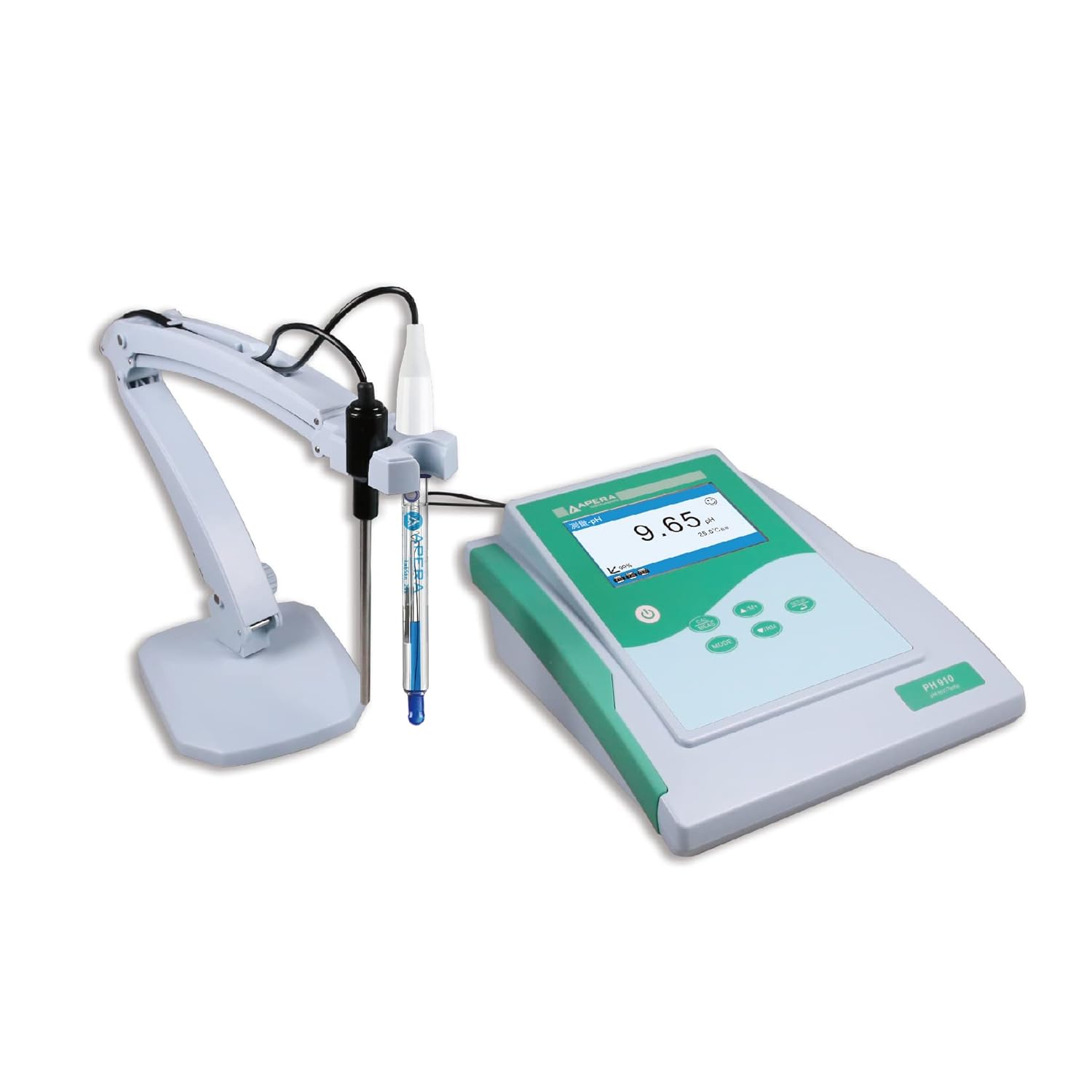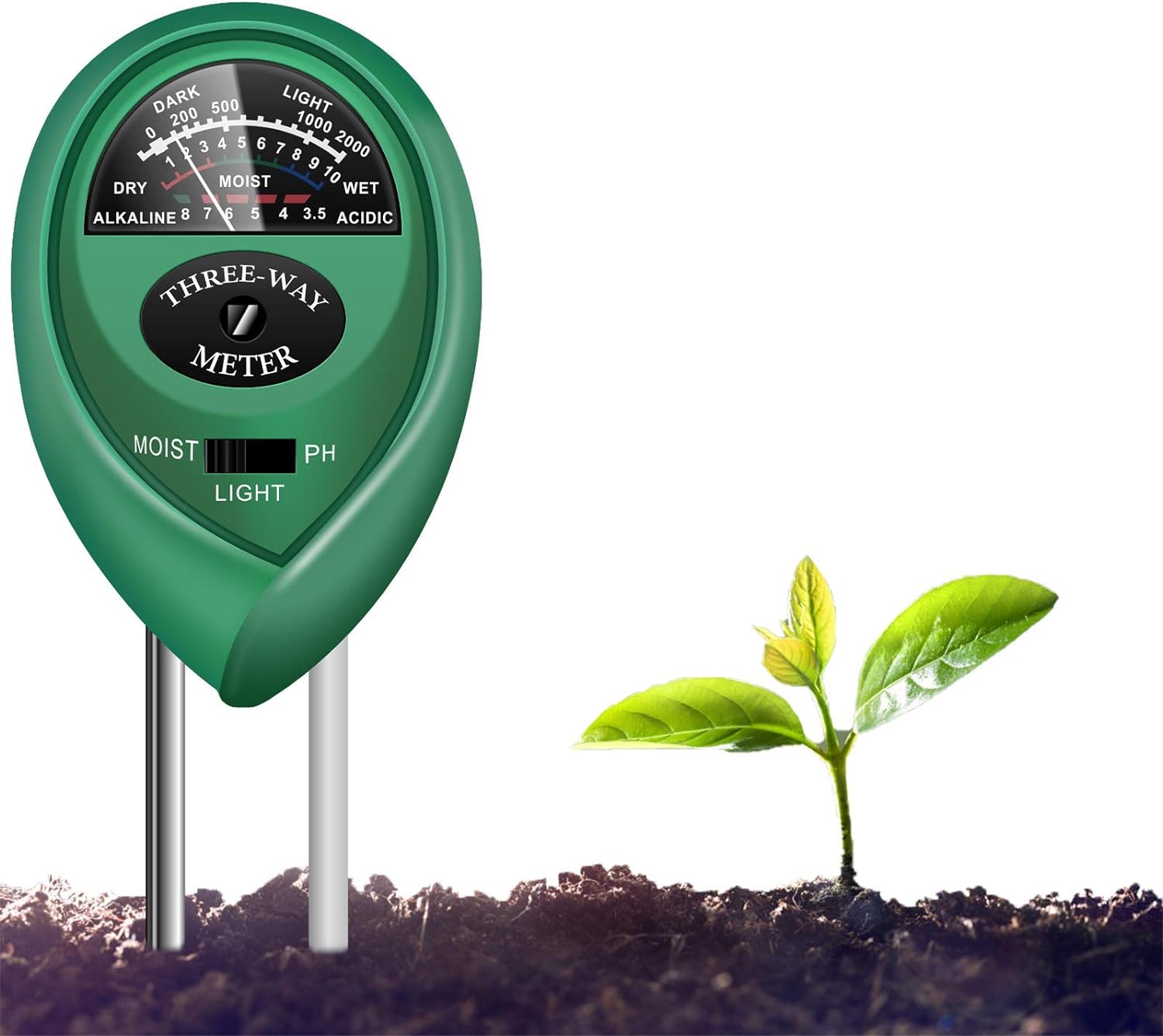Choosing the Right pH Meter for Water and Soil Testing
December 21, 2023 admin No Comment
Choosing the Right pH Meter for Water and Soil Testing
Introduction:
In the realm of water and soil testing, selecting the right pH meter is crucial for accurate and reliable results. The pH level of water and soil significantly impacts plant growth, microbial activity, and overall environmental health. In this guide, we’ll delve into the key considerations for choosing a pH meter, ensuring you make an informed decision for your testing needs.
Understanding pH:
Before we dive into the selection process, let’s refresh our understanding of pH. pH measures the acidity or alkalinity of a substance on a scale from 0 to 14, with 7 being neutral. Values below 7 indicate acidity, while values above 7 indicate alkalinity. In water and soil testing, pH plays a pivotal role in assessing the suitability for plant growth and other ecological processes.
Key Factors to Consider:
- Accuracy and Precision: When it comes to pH meters, accuracy is paramount. Look for meters with high precision and accuracy levels, ensuring that your readings are reliable. Calibration is key, and meters with automatic calibration features can simplify the process.
- Type of pH Meter: There are various types of pH meters available, including handheld, benchtop, and portable options. Consider your testing environment and requirements. Handheld meters offer convenience for field testing, while benchtop models are suitable for laboratory settings.
- Ease of Use: Opt for a pH meter that is user-friendly, especially if you are not a seasoned professional. Features such as intuitive interfaces, clear displays, and straightforward calibration processes contribute to ease of use.

- Durability: Water and soil testing environments can be harsh. Ensure that the pH meter you choose is durable and resistant to water, dust, and other environmental factors. A rugged design will extend the lifespan of your instrument.
- Calibration Frequency: Consider how often the pH meter needs calibration. Some meters require frequent calibration, while others are designed to hold calibration for an extended period. Choose a meter that aligns with your testing frequency and preferences.
- Maintenance Requirements: Check the maintenance requirements of the pH meter. Some models may need regular maintenance, while others are low-maintenance. Opting for a low-maintenance pH meter can save you time and effort in the long run.
- Temperature Compensation: pH levels can be temperature-dependent. Choose a pH meter with temperature compensation features to ensure accurate readings across a range of temperatures. This is particularly important for outdoor and field testing.
- Electrode Compatibility and Replacement: The pH electrode is a critical component of the meter. Ensure that the meter allows for easy replacement of electrodes and that replacement electrodes are readily available. Consider the compatibility of the electrode with the substances you are testing.
Conclusion:
Choosing the right pH meter for water and soil testing involves a thoughtful consideration of various factors, from accuracy and precision to ease of use and durability. By understanding your specific testing needs and the features of different pH meters, you can make an informed decision that ensures reliable results in your water and soil testing endeavors. Invest the time to research and select the pH meter that aligns with your requirements, and you’ll be on your way to accurate and meaningful pH measurements.
